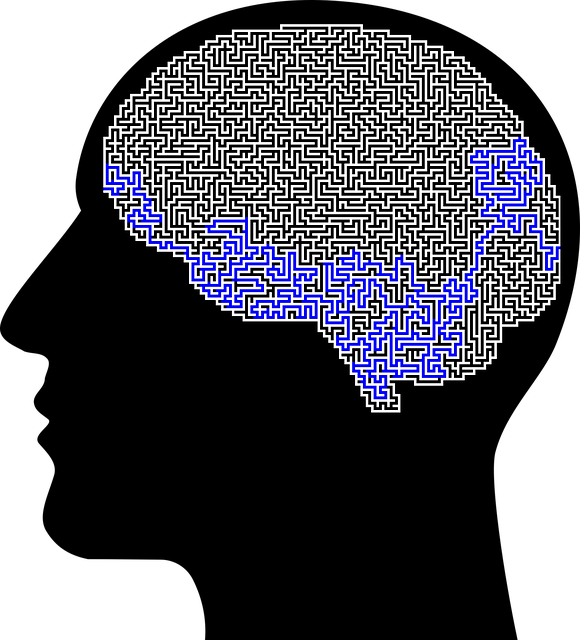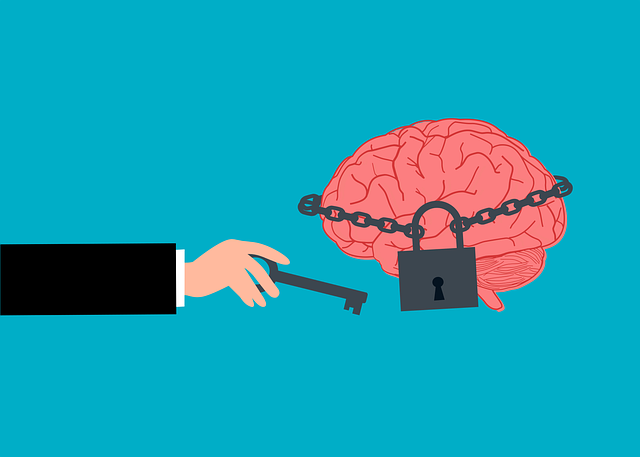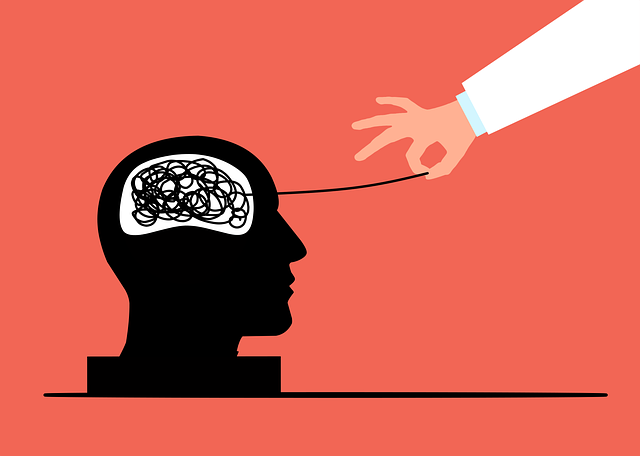Mental wellness journaling offers a creative, safe space for children to explore emotions, develop self-awareness, and learn healthy coping mechanisms, especially beneficial for those dealing with codependency. Through regular expression of thoughts, kids gain insights into behaviors and triggers, fostering mental health awareness and emotional intelligence. Journaling helps establish boundaries, manage stress, and promote independence, addressing core aspects of codependency. Encouraging consistent practice, professionals empower children to navigate challenges effectively, revolutionizing stress management and relationship dynamics from an early age.
Mental wellness journaling is a powerful tool to support children’s emotional growth. This article guides parents and caregivers through a structured approach, offering insights into understanding and facilitating this practice. We explore the impact of codependency on kids and how journaling can be a therapeutic outlet. Discover the numerous benefits, from enhancing self-awareness to fostering resilience. Learn strategies for creating an engaging routine and overcoming common challenges, ensuring consistent practice. Equip yourself with these techniques to empower young minds through expressive writing.
- Understanding Mental Wellness Journaling for Children
- Identifying Codependency in Children and Its Impact
- The Benefits of Journaling as a Therapy for Kids
- Creating an Effective Journaling Routine for Young Minds
- Overcoming Challenges and Encouraging Consistent Practice
Understanding Mental Wellness Journaling for Children

Mental wellness journaling can be a powerful tool to support children’s emotional well-being and development. Unlike traditional therapy, which often involves talking through experiences, journaling allows kids to process their thoughts and feelings through creative expression. This can be especially beneficial for younger individuals who might find it challenging to verbalize complex emotions. By encouraging them to write, draw, or collage about their experiences, mental wellness journaling provides a safe and non-judgmental space for children to explore their inner world.
For kids dealing with codependency issues, this practice can serve as a form of therapy, helping them understand and manage their emotional responses. Through regular journaling exercises, they can learn to identify triggers, develop healthy coping mechanisms, and foster self-awareness—all crucial aspects of risk management planning for mental health professionals. Moreover, compassion cultivation practices incorporated into journaling can enhance children’s ability to connect with themselves and others, thereby reducing the risk of burnout among healthcare providers supporting their mental wellness journey.
Identifying Codependency in Children and Its Impact

Codependency, often overlooked in younger individuals, can manifest in children as a result of their interactions with primary caregivers or close family members. It’s characterized by an excessive reliance on others for validation and emotional support, often at the expense of their own mental wellness. In therapy for children dealing with codependency, the focus shifts towards fostering healthy boundaries and encouraging them to prioritize their emotional well-being.
Through empathy building strategies, professionals help these young minds recognize their feelings and express them in a safe manner. Emotional well-being promotion techniques, such as mindfulness exercises, are introduced to teach children how to manage stress and build resilience. Additionally, self-care routine development becomes an integral part of the process, empowering them to take charge of their mental health and cultivate a sense of independence.
The Benefits of Journaling as a Therapy for Kids

Journaling has emerged as a powerful therapy for children, offering a safe and creative outlet to explore their thoughts and emotions. This simple yet effective practice can significantly contribute to a child’s mental wellness, helping them develop self-awareness and coping mechanisms from an early age. By putting pen to paper, kids can express themselves freely, process complex feelings, and even work through codependency issues that may arise in their relationships with others.
The act of journaling provides a private space where children can reflect on their experiences, gain insights into their behaviors, and identify triggers for negative emotions. This introspective process fosters self-expression, enhances communication skills, and promotes emotional intelligence—all of which are crucial components of risk management planning for mental health professionals. Moreover, regular journaling can serve as a mental wellness tool, encouraging kids to stay present, set personal goals, and develop resilience in the face of challenges.
Creating an Effective Journaling Routine for Young Minds

Establishing a regular journaling practice can be an incredibly beneficial therapy for children, offering them a safe space to express their thoughts and emotions. For young minds grappling with codependency or seeking stress management, this simple routine can serve as a powerful tool. The key lies in creating an accessible and enjoyable environment where kids feel comfortable opening up.
Encourage them to choose a journal that appeals to their personal interests—maybe a colorful sketchbook if they’re artistic or a comic-style notebook for storytelling. Setting aside just 10-15 minutes each day, ideally before bed, can help in fostering resilience building through consistent self-reflection. Start simple prompts like “What made you smile today?” or “One thing I’m grateful for” to make it less daunting and more akin to a fun adventure rather than therapy for children. Over time, they can explore more complex emotions as their journaling routine evolves.
Overcoming Challenges and Encouraging Consistent Practice

Overcoming challenges is a significant aspect of mental wellness journaling, especially when dealing with complex issues like codependency. Journaling provides a safe space to confront and process these difficulties. By regularly expressing thoughts and emotions, individuals can gain valuable insights into their behaviors and triggers. This self-reflection is a powerful tool for personal growth, enabling people to identify unhealthy patterns and take proactive steps towards change. For children engaging in therapy, journaling can be an excellent coping skill development mechanism, fostering mental health awareness from a young age.
Encouraging consistent practice is key to reaping the benefits of mental wellness journaling. It’s similar to building any new habit—it requires dedication and patience. Setting aside dedicated time for journaling allows individuals to develop self-awareness exercises that become an integral part of their routine. With time, these practices can revolutionize one’s approach to managing stress, emotions, and even relationships, helping to break the cycle of codependency and foster better mental health awareness.
Mental wellness journaling offers children a powerful tool to navigate their emotions, fostering self-awareness and resilience. By integrating this practice into their routines, parents and caregivers can support young minds in managing codependency issues and enhancing overall mental health. The benefits of journaling as therapy are undeniable, encouraging consistent practice despite challenges. With guided exercises, children can explore their thoughts, process experiences, and develop healthy coping mechanisms, ultimately leading to improved well-being.














